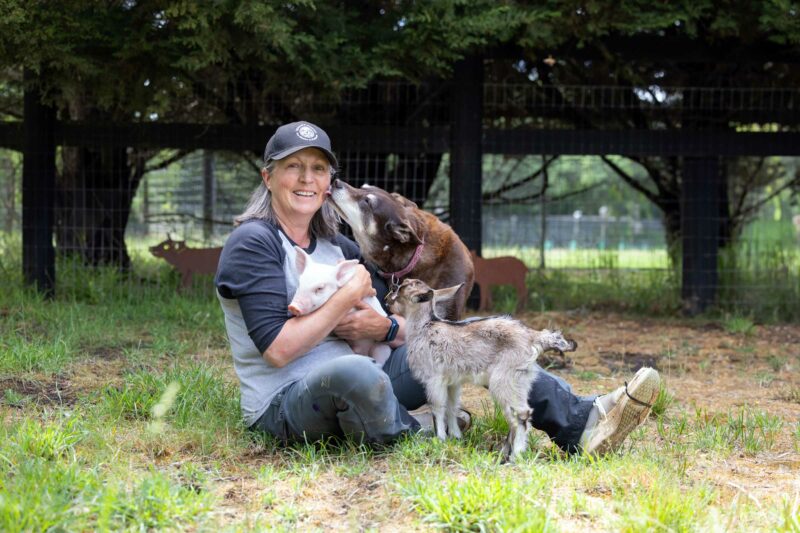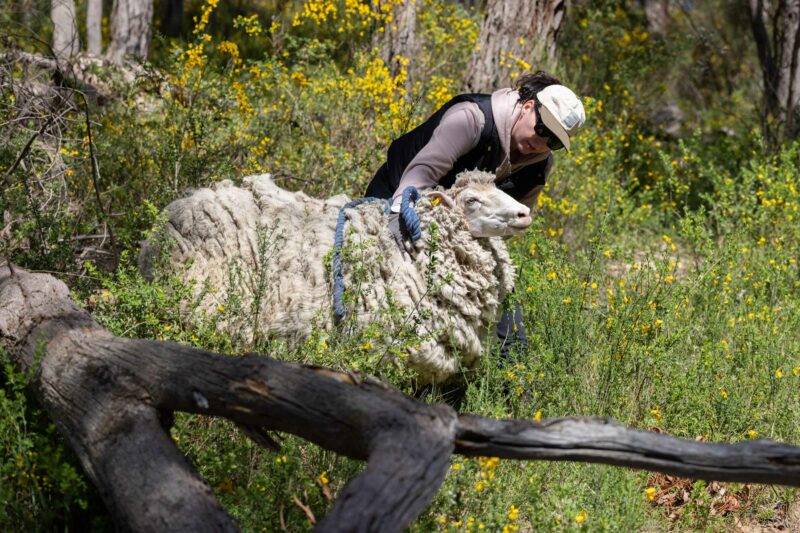
Half a second of compassion – my reason for hope
In 2016 Dr Jonathan Levy, a postdoctoral researcher, conducted a study using MEG (magnetoencephalography). Here he took a group of 80 male and female Arabs and Jews in Israel, aged 16- 18 years, and exposed them one by one to images of people who had suffered some trauma (a stabbing for example). By studying these young people’s brain scans at the time they looked at the images, he was able to gain insight into the brain activity of the participants, importantly how individuals reacted to witnessing the trauma of another.
Not surprisingly, there was heightened empathy towards someone who was identified as belonging to one’s “own” group. But what is really interesting, and my reason for hope, is that before this, in the first few hundred milliseconds of exposure there was a short burst of automatic brain activity of empathy for the “other” regardless of which group they belonged to; it was after that a more advanced “selective” empathy system kicked in.
People often ask me what is my reason for hope. And it’s this – the goodness of the human heart. It’s that we humans as a species are programmed to care, just as Levy saw in that lab in 2016. The tragedy, though, is that through distance, convenience, peer pressure, vested interests and more, we have become disconnected from that innate ability to empathise with others, with a “selective” empathy overriding our spontaneous initial empathy.
It’s the only way we can accept the suffering that a pure heart never would, and it makes it easier when we see actions that cause such suffering to become “normalised” and beyond question.
And so we come to accept the things we are doing to animals on a global scale in the name of food, fashion and fun. Not only are these practices cruel (and in most cases unnecessary), but they go against our basic tenets of compassion, kindness and mercy which kick in, in that first half a second of thought.
In these incredibly troubled times, from major conflicts between nations, to, closer to home, road rage and home invasions, never before were more poignant the words of the great humanitarian, philosopher, and physician – Albert Schweitzer: “Until he extends his circle of compassion to include all living things, man will not himself find peace.” And there can be no better time to find that peace than in that first millisecond window – let’s seize it, hold it, run with it, for the world and all her inhabitants will be better for it.









